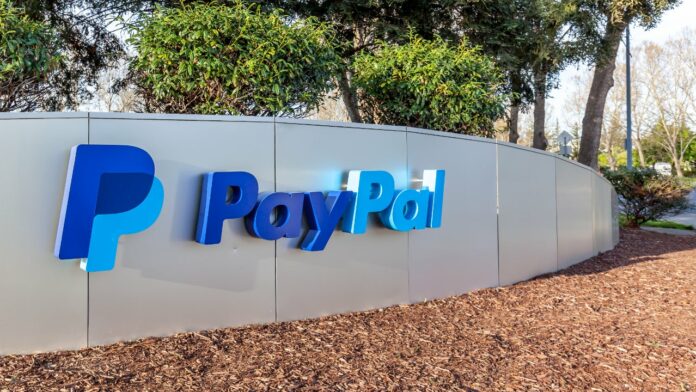PayPal has been hit with a class action lawsuit by consumers represented by law firm Hagens Berman, alleging that the fintech giant's anti-steering rules stifle competition against lower-cost payment platforms like Stripe and Shopify.
Specifically, according to an investigation by the firm's consumer rights attorneys, PayPal has subjected consumers to excessive charges when purchasing from online merchants that accept PayPal or Venmo.
The lawsuit claims that PayPal's merchant agreements, which all merchants must sign to accept payments through its platform, cause consumers to pay more to make purchases. The lawyers claim that "if PayPal's agreements were transparent, consumers would quickly see a price difference between PayPal, Venmo, and their competitors."
Specifically, under PayPal's anti-change rules, if a retailer accepts PayPal or Venmo payments, it agrees not to offer any discounts or incentives to persuade consumers to use other payment options that have a lower cost. These discounts are treated as a “surcharge” on PayPal transactions and are prohibited by PayPal rules.
Merchants also cannot tell customers that other payment methods are more profitable or preferred, according to the complaint, which was filed in the District Court for the Northern District of California. The Merchants cannot present other forms of payment either. at the beginning of the payment process.
For example, lawyers say that without PayPal's rules, a merchant could charge $5,83 for a box of Kleenex when PayPal is used as a payment method, and less than $5,83 when the consumer pays by credit card or other payment method. Or, a merchant could keep the same price of $5,83 but offer consumers a discount when they pay with a method other than PayPal or Venmo.
"Either way, the price difference would result in consumers paying lower total prices," the lawsuit says.
Calling the policies "draconian" and "illegally anti-competitive," lawyers compared Pay Pay's rules to those Visa and Mastercard used to impose before they were sued by the Department of Justice in 2010.
In a statement, lawyers representing the group said: “Consumers end up paying more for all transactions as a result of PayPal's policies and high industry fees. “PayPal generated total revenue in 2022 that exceeded $27 billion, most of it coming from these fees.”
According to the company's lawsuit, more than 400 million consumers have PayPal accounts, including 75% of all Americans. almost 1 million ecommerce websites of the US accept PayPal as a means of payment and PayPal processes 41 million transactions daily.
“If consumers were allowed to see behind PayPal's pricing veil, they would see a clear and distinctive difference between using PayPal and Venmo to complete their transactions and using their competitors,” said Steve Berman, managing partner and co-founder of Hagens Berman. "For a service named for its ease of use, PayPal is far from consumer friendly."
No response from Paypal to date.




